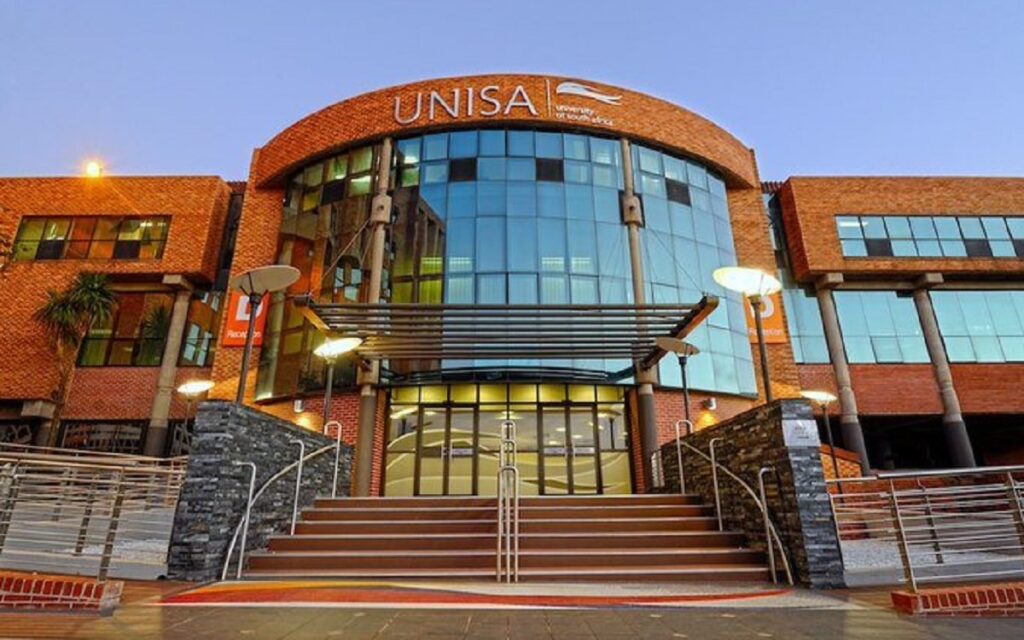Pretoria, South Africa – The University of South Africa (Unisa) finds itself in a state of turmoil as two council members have resigned following the release of a damning report into university affairs. The report, which has exposed significant governance and administrative shortcomings, has sent shockwaves through the institution and raised concerns about the state of higher education in the country.
The resignations came in the wake of the report’s publication, which highlighted a range of issues affecting Unisa’s operations. These included allegations of financial mismanagement, lack of transparency in procurement processes, and instances of nepotism within the university’s administration. The report further revealed a concerning decline in academic standards and a failure to adequately address student grievances.
The two council members, whose names have not been disclosed, cited the report’s findings as the reason for their resignation. In separate statements, they expressed their deep concern over the systemic failures and their inability to effect meaningful change within the university’s governance structure.
The report, compiled by an independent panel commissioned by the Ministry of Higher Education and Training, Blade Nzimande has underscored the need for immediate action to address the identified shortcomings and restore confidence in Unisa’s leadership. The panel’s investigation involved an in-depth review of financial records, interviews with staff members, and analysis of institutional policies.
The findings have triggered calls for greater accountability and transparency within South African universities. The Unisa administration, in response, has acknowledged the gravity of the report’s findings and pledged to take swift and decisive action to address the identified issues. The university has committed to implementing a comprehensive set of reforms aimed at strengthening governance structures, enhancing financial controls, and improving academic quality.
The resignation of the council members serves as a wake-up call for Unisa and the broader higher education sector. It underscores the urgent need for institutional reform to restore public trust and ensure that universities operate in an ethical and efficient manner. The Ministry of Higher Education and Training has pledged its full support in facilitating the necessary changes and has called for a collective effort from all stakeholders to restore Unisa’s reputation as a leading institution of higher learning.
Amidst the current challenges, Unisa’s students, staff, and alumni are expressing their concerns and demanding accountability. Calls for greater student involvement in decision-making processes, improved communication channels, and enhanced mechanisms for addressing grievances are growing louder. The university administration must now engage with these voices and prioritize the restoration of a conducive learning environment that upholds the principles of transparency, fairness, and academic excellence.
As Unisa faces this critical juncture, the South African public looks to the university leadership, the Ministry of Higher Education and Training, and other relevant authorities to work collaboratively towards implementing the necessary reforms. The focus must be on safeguarding the institution’s reputation, ensuring the welfare of its students, and upholding the integrity of higher education in South Africa.
